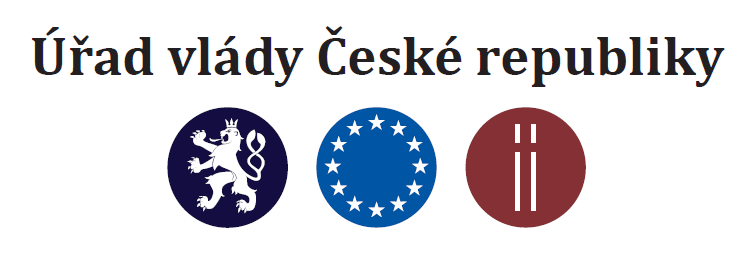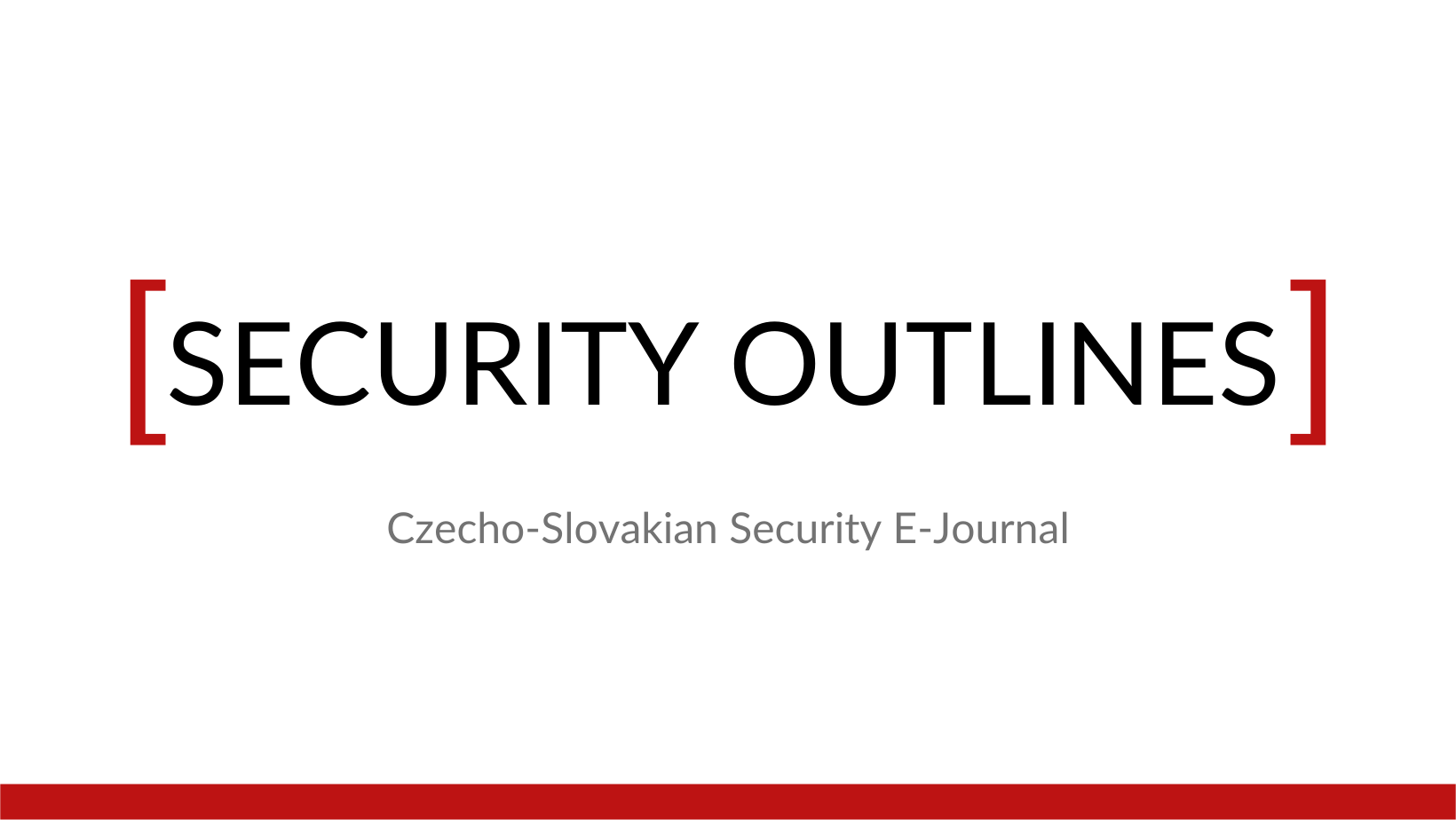RNDr. Jan Kofroň, Ph.D.
RNDr. Jan Kofroň, Ph.D.

Posts:
- Department of Political Science
E-mail: kofronj@fsv.cuni.cz , jan.kofron@fsv.cuni.cz
Rooms: No. C513, Jinonice, building C
ResearcherID: I-3530-2012
ORCID ID: 0000-0001-8926-1351
Rok vydání
Monographs
Chapters in monographs
Articles
- Kofroň J. (2017). Editorial. Acta Politologica [online], 9(3), 1-2.
- Kofroň J. (2024). NATO, 2 % na obranu a 20 % na vybavení: kumulativní povaha obranných výdajů a role ekonomické výkonnosti. Vojenské rozhledy (Czech Military Review), 33(3), 27-43. UT-WOS link
- Kofroň J. (2013). Inkluzivní sny v exkluzivní realitě. Informace České geografické společnosti, 32(2), 34-43.
- Kofroň J. (2015). Zpátky do budoucnosti : Kontrafaktuály a scénáře v bezpečnostním výzkumu plánování. Vojenské rozhledy (Czech Military Review), 24(3), 48-61.
- Kofroň J., & Kruntorádová I. (2015). Česká cesta metodologického vzdělávání v politické vědě v mezinárodní perspektivě. Mezinárodní vztahy, 50(4), 26-48.
- Kofroň J. (2016). Tragédie malého státu : geostrategické perspektivy Česka podle ofenzivního neorealismu. Geografie: Sborník České geografické společnosti, 121(2), 324-347. UT-WOS link
- Kofroň J., & Kruntorádová I. (2016). Reflexe českého metodologického vzdělávání: Odpověď Jakubu Záhorovi. Mezinárodní vztahy, 51(3), 84-92.
- Kofroň J. (2017). Shattered Spaces of Political Geography. Acta Politologica, 9(3), 3-21.
- Kofroň J., Opletal M., & Zrno M. (2020). Analýza dynamiky konfliktu v Mali - využití databáze ACLED. Vojenské rozhledy (Czech Military Review), 29(4), 46-64. UT-WOS link
- Kofroň J., & Stauber J. (2023). The impact of the Russo-Ukrainian conflict on military expenditures of European states: security alliances or geography?. Journal of Contemporary European Studies, 31(1), 151-168. UT-WOS link
- Kofroň J., & Stauber J. (2024). Spending on personnel or equipment: panel analysis of military expenditures in the NATO countries 2005-2019. European Security, 33(4), 665-689. UT-WOS link
- Ženka J., Pernica B., & Kofroň J. (2021). The geography of demilitarisation: Do regional economic disparities affect the spatial distribution of military base closures?. Moravian Geographical Reports, 29(4), 252-266. UT-WOS link
- Halada M., Zenka J., & Kofroň J. (2024). The geography of individual charitable giving: do personal or regional characteristics matter?. GeoScape, 18(1), 77-93. UT-WOS link
Contributions in the conference proceedings
- Kofroň J. (2013). Hic sunt leones: Why geographers fear sophisticated methods and how it cripples attempts at providing policy relevant research?. Political factors of economic growth and regional development in transition economies (pp. 26-34). UT-WOS link
https://is.cuni.cz/studium/dipl_st/index.php?odeslano=1&fak=11230&ustav=23-KP&dobor=&vedouci=40288&ze_vsech_fakult=0&stupr=&fulltext=&fulltext_kde%5b%5d=nazev&skr=&skr_obhajeni=&dtyp=&kterep=all&pocet=&f=find&do=main&order=d.dskr&sort=desc
The topic of any thesis should be specified in personal meeting (and after a discussion with a student), neverthless I list below the broad areas of my interest:
Predictions in political science, and in the public debate (quantitative analyses, but also qualitative scenarios)
Conventional deterence
Armed forces and their effectivity
Neorealist theories
My interest revolves around three broad topics.
First, the military issues - specifically the factors affecting military effectivity.
Second, predictions - predictions are quite common in economics, not so much in political science, yet almost all public debates contain some predictions... therefore, I am interested in emprirical assesmsnt of predictions in the realm of political science.
Third, theories of IR with focus on neorealist theories.
Predictions in political science, and in the public debate (quantitative analyses, but also qualitative scenarios) Conventional deterence Armed forces and their effectivity Neorealist theories









